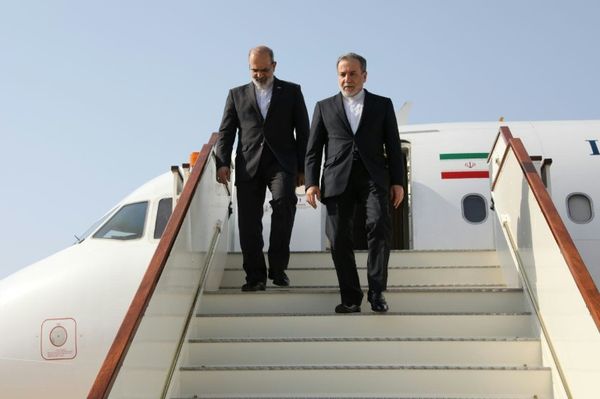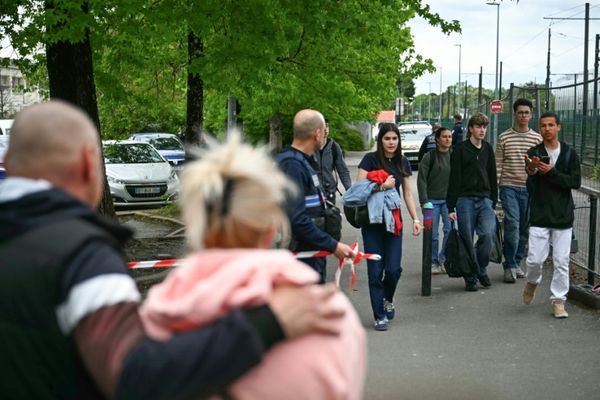
Keir Starmer has achieved a number of things this summer, not least winning an election and rubbing shoulders with other world leaders at the Nato summit. What he has not managed, however, is to go on a family holiday.
In calling off the planned jaunt to Europe as his government responded to days of rioting, the prime minister became the latest in a decades-long list of politicians to wearily decide that duties come before beach time with the kids.
It can be a vexed debate. Days after Starmer’s decision, Kemi Badenoch felt forced to defend herself after the Daily Telegraph reported that she would miss one Conservative leadership hustings event because she was away.
Badenoch, who like Starmer has school-age children, said she would be back on the campaign trail “after I’ve had time with my family who I promised a holiday – I’m keeping that promise”.
Holidays hold a slightly peculiar place in the UK political psyche. Some leaders end up partly defining themselves with their choice of destination – for example, David Cameron’s much-photographed Cornwall trips, or Rishi Sunak’s fondness for escapes to California.
What tends to create headlines, however, is when MPs and pundits think a politician’s holiday should have been cancelled or cut short but is not, such as Dominic Raab’s much-criticised decision to start organising the UK’s response to the withdrawal from Afghanistan from a beach in Crete.
The reflex response to thus cancel any break is “symptomatic of a wider trend toward risk aversion”, according to Tim Bale, a professor of politics at Queen Mary University of London.
“This is one amplified by snap opinion polling and social media that can create the self-fulfilling prophecy of a ‘backlash’, which the mainstream media – something politicians continue to be inordinately scared of – will then seize on,” he said.
While it is hard to find anyone who thinks that in this case Starmer should have gone away, what is the impact of this wider culture on politicians, and particularly their families?
In the ever-connected modern world, we are already a long way from the time when Ken Clarke would, as the former Tory minister confessed in his memoirs, deliberately give an incorrect landline phone number for whichever rural bolthole he was heading to, to make sure he was not bothered.
David Gauke, who served in a series of cabinet and other ministerial roles under Theresa May and David Cameron, recalls having to do some work on holidays, even with officials in his private office attempting to shield him from all but vital tasks.
Gauke said he worried about the strain on ministers denied any holiday at all. “I think it’s important that senior politicians do take a break. It’s a pretty remorseless life most of the time, but sometimes you do need to step back,” he said.
“You want politicians who’ve got a happy home life, and the families of politicians have to put up with a lot. When the demand is made for a politician to return to their desk, the people who are really making the sacrifice are the family members.
“I also think that just stepping back from the day-to-day grind does sometimes give an opportunity to think, and to be strategic.”
Paul Harrison, who was May’s press secretary, recalls how in a previous advisory role Jeremy Hunt had to miss a family holiday at short notice.
“While politically that was absolutely the right decision, you shouldn’t underestimate the strain that it puts on families when their time together is limited even further,” Harrison said.
This would be all the more so for Starmer, Harrison added, given the prime minister and his team had been “effectively in permanent campaign mode for the last two or three years”.
However, with mass disorder breaking out, “there isn’t a political adviser I can think of who would have said ‘yes, do still take the holiday’,” Harrison said.
But he said it was important for advisers, and voters, to think about the impact such decisions had – not just on the politicians’ lives, but on their ability to operate effectively.
“Having seen some of this up close, we place enormous demands on the people who govern the country. Arguments break out about five minutes of the PM’s diary time here and there. So clearly some time to reset, to relax, can give a better perspective on difficult problems.”
Sometimes, though, there is also the fact of simple logistics to consider. When Boris Johnson was mayor of London in 2011, he was criticised for what was seen as a late return from holiday to deal with riots around the capital.
A few weeks ago, Johnson’s sister, Rachel, explained that the first part of the delay was caused by the then mayor and his family being on a motorhome holiday in rural north America, with no mobile signal.
When the news did arrive, Rachel Johnson said, another problem arose: his then wife, Marina Wheeler, was too short to reach the pedals of the motorhome, so Johnson had to drive it to an airport before flying home.







